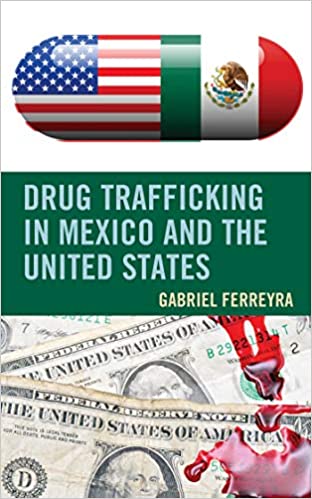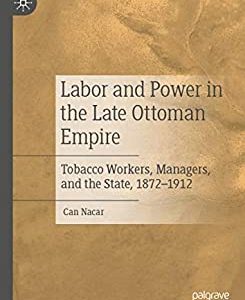Gabriel Ferreyra presents a comprehensive analysis of drug trafficking in Mexico and the United States by examining the roots, development, consolidation, and cultural ramifications of this phenomenon in the past century as well as its negative consequences in contemporary Mexico. Ferreyra discusses the most devastating effects correlated to drug trafficking such as high murder rates, gruesome violence, disappearances, and mass graves to emphasize how Mexican society bears the brunt of this phenomenon while the United States insists on the futility of drug prohibition. Unlike other publications, this book provides an interdisciplinary social science approach where drug trafficking is conceptualized as a multifaceted social, political, economic, and cultural problem, rather than just a criminal justice issue.
Drug Trafficking in Mexico and the United States also revisits the war on drugs and provides an argument how drug control is the primary force behind drug trafficking. In that respect, there is an analysis on how the DEA has reinforced the war on drugs model and why it became a reactionary agency that opposes any comprehensive alternative to the American drug problem besides drug control. The author concludes with recommendations to implement forward-thinking measures such as decriminalization, reclassification, and legalization of drugs to effectively address the illicit drug trade.











